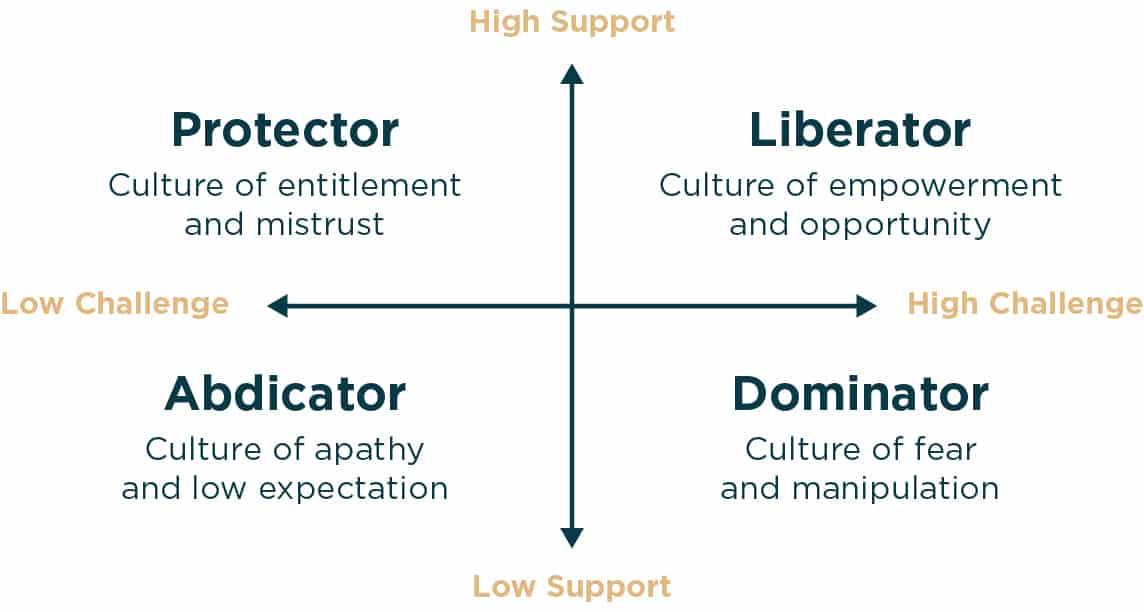How Christian Executives Can Model Truth and Grace
By Mike Sharrow, CEO of C12
But I thought you were a Christian?! How could you fire me?
You’re not actually going to enforce that policy are you? I thought you Christians were supposed to love everybody – where’s the grace in this?
I know I breached this contract, and you technically have every right to make me pay according to the terms, but I want you to ask, “What would Jesus do?”
An inevitable hazard of embarking as a Christian business leader is you’ll hear statements like those above. Worse yet, you might actually believe those voices and make decisions by them.
The sense that being a Christian means we must always be “nice” and that being nice requires gracing past any grievances or gaps is a dilution of the gospel. We call this “sloppy agape,” a flawed and crude application of the “God is love” principle. Jesus modeled an incredibly dangerous and winsome love, a light that pierced the darkness. Some were liberated by the light, while others retreated, preferring the darkness. Consider this depiction by the Institute for Faith, Work & Economics on the topic:

This Christian management ethic is heresy and will hurt your testimony in multiple ways: you’ll misrepresent Christ and His gospel (ouch!) and handicap the business you’ve been entrusted to steward. Numerous sources, in fact, have zeroed in on how limiting the disease of “terminal niceness” is to a business. When we practice this false gospel everybody loses. High-performance teams actually need and want accountability (see this C12 Member case study).
Business and leadership author Patrick Lencioni masterfully addressed this organizational dynamic in his classic 5 Dysfunctions of a Team (get it, read it, do it). He found that at the bedrock of what determines the capacity for results or high performance in organizations is trust and (healthy) conflict. These are essential prerequisites to commitment, accountability, and the end results every leader desires. One of the barriers between trust and healthy conflict is actually the absence of conflict due to “artificial harmony”—an illusion of harmony because the team has very little overt conflict, yet they have tons of disagreement, resistance, and uncertainty.
The Five Dysfunctions of a Team
As a leader, you are actually called to stand for truth (Eph. 6), walk in the light (1 John 1), champion what is true and excellent (Phil. 4:8-9, Col. 3:9, Prov. 11:1, Acts 24:16, and Eph. 4:15), and walk as Jesus walked. Several resources, systems, and processes (like Crucial Accountability) are available to help us learn to do this well.
Please, for the sake of the true gospel and the potential for your leadership to be a Matthew 5:16-type endeavor—don’t let sloppy agape woo you into a needless prison. Terminal niceness will cost you a ton, and in the end, you get nothing for your suffering but regret!
I was impacted years ago by the culture described in Execution: The Discipline of Getting Things Done. Its principle emphasizes ultimate results, not political niceties along the way. This mindset germinated in our own culture code at the C12 headquarters where we’ve set expectations through tribal rules like “Results Over Glory,” “Fight for Health,” and “Be the Buffalo” (along with Entrepreneurial Spirit, Leadership Mindset, Big Trust, and others).
Being Christ-like is a giant undertaking and often feels like a mysterious aspirational calling. One thing it is not is the call to poor integrity, dishonesty, conflict avoidance, or terminal niceness. As Beaver told Lucy in that famous scene in the Chronicles of Narnia after asking “Is Aslan safe?”—“‘Course he isn’t safe. But he’s good. He’s the King, I tell you!”
In a tough labor market, where all growth firms are contending for talent, creating the kind of place that is “good but not safe” is actually a competitive advantage. In their latest book, 100X Leader, Jeremie Kubicek and Steve Cockram unpack this powerful 2×2 matrix of the essential relationship between high challenge and high support to achieve a liberating leadership style:

If you’ve been held back by the voices I described at the beginning—be set free! Let’s build excellent organizations with transformative and refreshing cultures of truth and grace to the glory of God!
Reflection:
How are you modeling truth and grace in your leadership?
Where has the heresy of sloppy agape and terminal niceness infiltrated your organizational culture to the point it is hindering both the gospel and performance?
How do you navigate high expectations, high truth, high conflict while demonstrating support, grace, compassion, and goodness?
October 28, 2020





